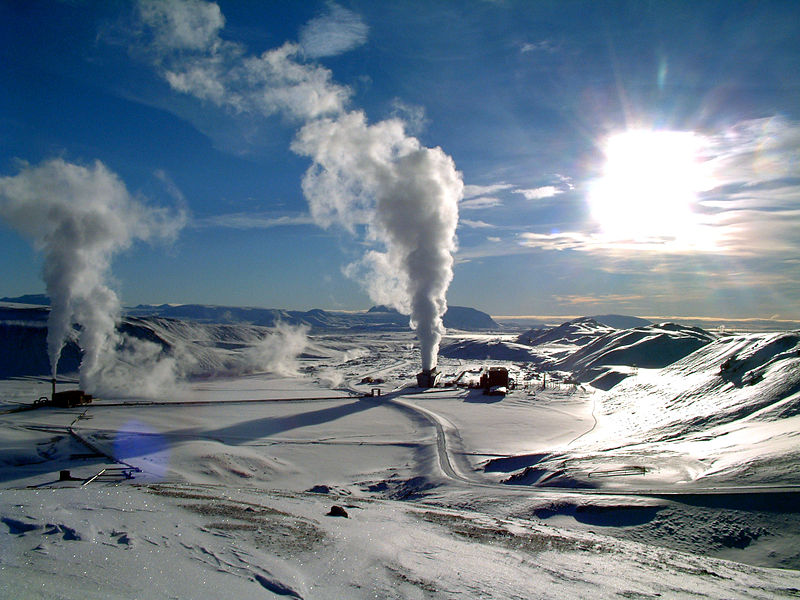Andrew Little, the Minister responsible for the New Zealand Security Intelligence Service (NZSIS), the Government Communications Security Bureau (the GCSB), and the Lead Coordination Minister for the Government’s Response to the Royal Commission’s Report into the Terrorist Attack on the Christchurch Mosques, gave a speech last night to the Victoria University of Wellington-Te Herenga Waka Centre for Strategic Studies. The speech was titled
Intelligence and Security in our Changing World and gave an overview of NZ intelligence and security functions.
There has been some reporting in the media on the speech by
Stuff and
NZ Herald with both concentrating on the terrorism aspect rather than the wider national security aspect. They glossed over the foreign espionage aspect and didn't really cover the call for greater discussion in national security. Both of them didn't mention the people removed from positions of trust because of contacts with a foreign agent.
The Minister lists four premises for the role of NZ intelligence agencies:
- New Zealand faces threats to physical and economic security, and social institutions from forces and interests that would do us harm;
- Those threats are foreign and domestic;
- We need the means to, as best as possible, identify and evaluate those threats in order to prevent harm;
- The efforts required must generally be carried out in secret. They also require relationships with trusted partners overseas, as well as with communities at home;
Some of the results obtained by the agencies are:
- Security intelligence investigations have seen potential terrorists identified and imprisoned or put on a different path.
- Intelligence collected by our agencies have disrupted terrorist attack planning overseas.
- International drug smuggling syndicates have been busted for trafficking drugs with the help of signals intelligence.
- The activities of an individual with links to a foreign intelligence agency and who was covertly attempting to form relationships with New Zealanders holding senior and influential positions were disrupted.
- People have been removed from trusted positions based on intelligence of the proven insider threat they posed.
- Serious harm to strategically significant organisations in New Zealand has been averted because of the CORTEX malware detection and disruption service.
- And we some of New Zealand’s most valuable intellectual property has been protected because of the security best practices the agencies have helped other organisations to implement.
He goes on to say that:
"All of the work the agencies do is in support of the Government’s National Security and Intelligence Priorities, or NSIPs (pronounced en-sips).
The NSIPs extend beyond counter-terrorism to include:
foreign interference and espionage;
protecting the country’s information and information systems from cyber attacks;
providing support to military operations;geostrategic competition, including in our own region; and
the pandemic response.
All of the agencies activities must be lawful, proportionate, appropriately targeted and subject to independent oversight.
The agencies target individual threats, not whole communities."
WRT the foreign intelligence agency operation and the insider threat whilst the nation involved isn't named, I would suggest that high probability is that it is the PRC. The same can be said for foreign interference and espionage. I have a suspicion that two of the individuals removed from trusted positions were two MPs in 2017, one National MP and one Labour MP who were told not to seek reelection. Both were Chinese. The Minister also said that he's going to make an annual next week that some commentators will struggle commentating on.
Overall, it's very rare for a Kiwi pollie to give such an informative speech on the secret squirrels. However if it does indeed start a conversation on national security that has to be a good thing. A problem that I can see with such a conversation is the far left nutters hijacking it and screaming blue murder about spies under their beds and in their dunnies etc., with the state watching all their actions and violating their rights. They might be a very small group, but they make a lot of noise. We'll see.
www.stuff.co.nz



